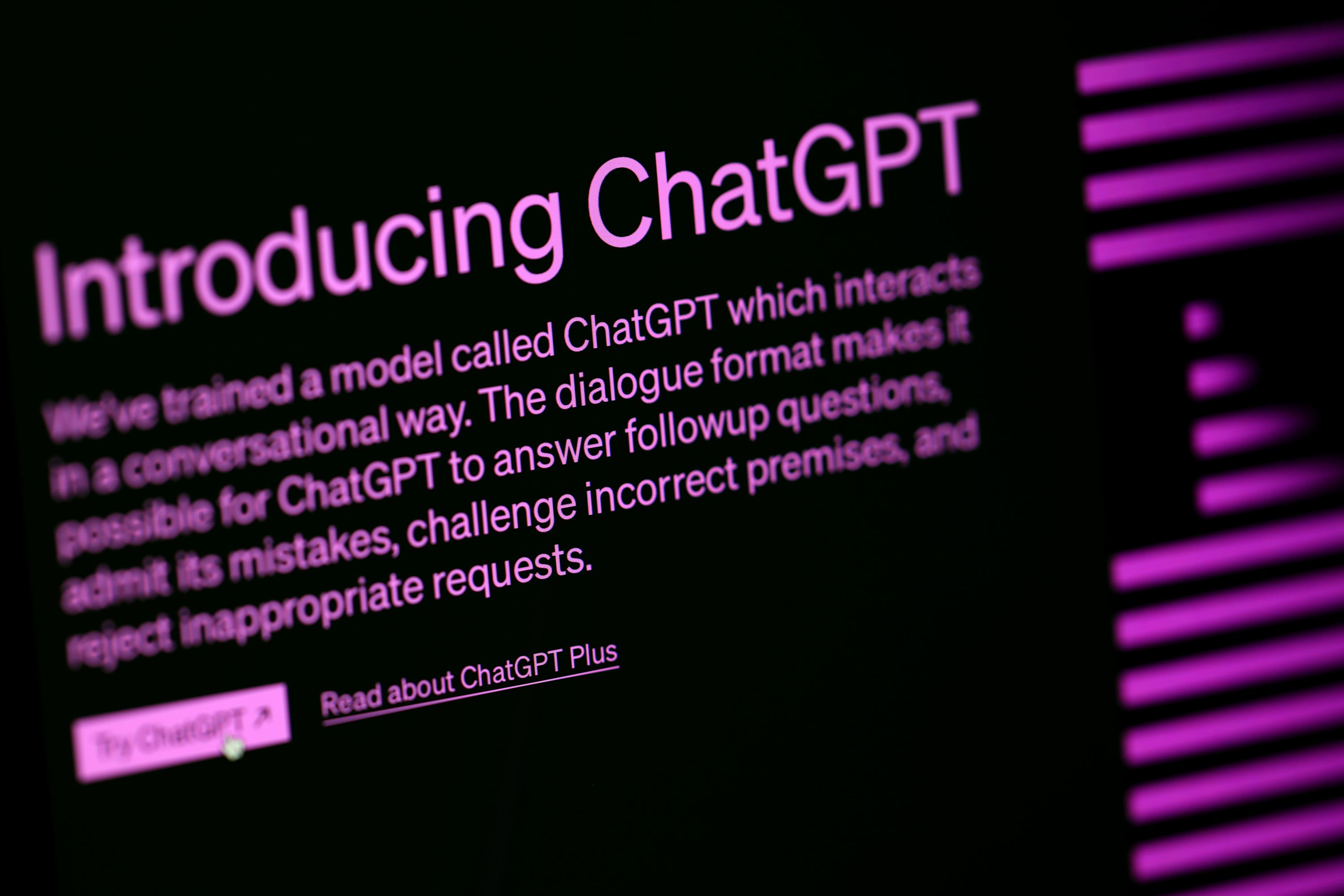Growing concerns over AI foundation model market, competition regulator says
The Competition and Markets Authority has warned that a handful of firms could shape the AI market in their interests.

The UK’s competition watchdog has warned of its growing concern about the state of the market for artificial intelligence foundation models, in particular the power a handful of large companies have within the sector.
Foundation models are the technology used to power AI tools, including chatbots such as ChatGPT, and form a vital part of the emerging sector.
Speaking at a conference in Washington DC, the chief executive of the Competition and Markets Authority (CMA), Sarah Cardell, said AI could spark a “paradigm shift” for societies and economies, but said the regulator was concerned by the growing presence in the market of a small number of incumbent tech firms which already dominated other digital markets.
An update paper on the issue, published on Thursday, specifically identifies an “interconnected web” of more than 90 partnerships and strategic investments involving the same handful of tech giants: Google, Apple, Microsoft, Meta, Amazon and AI chip firm Nvidia.
Microsoft is also the largest investor, and a close partner, of leading AI firm OpenAI, the maker of ChatGPT, while Google now owns UK-founded AI giant DeepMind.
The CMA said it was concerned that some firms had both the ability and the incentive to shape the growing AI market in their own interests – to both protect their existing market dominance and extend it to new areas.
The regulator said that while the huge resources and expertise these firms have mean they will inevitably have a key role to play in the emerging AI market, powerful partnerships between such firms should not reduce the ability of smaller rivals to compete.
The paper said that in response, the CMA would be willing to launch market investigations and merger reviews to ensure fair competition was possible in the sector, with Ms Cardell saying the regulator was “keeping very close watch on current and emerging partnerships”.
“When we started this work, we were curious. Now, with a deeper understanding and having watched developments very closely, we have real concerns,” she said.
“The essential challenge we face is how to harness this immensely exciting technology for the benefit of all, while safeguarding against potential exploitation of market power and unintended consequences.
“We’re committed to applying the principles we have developed, and to using all legal powers at our disposal – now and in the future – to ensure that this transformational and structurally critical technology delivers on its promise.”